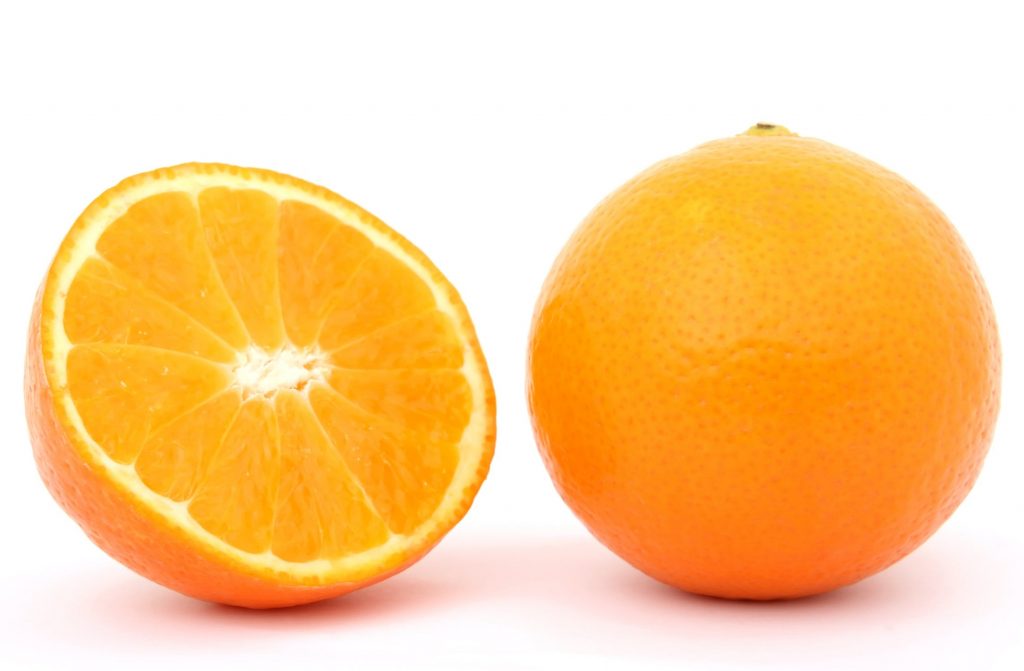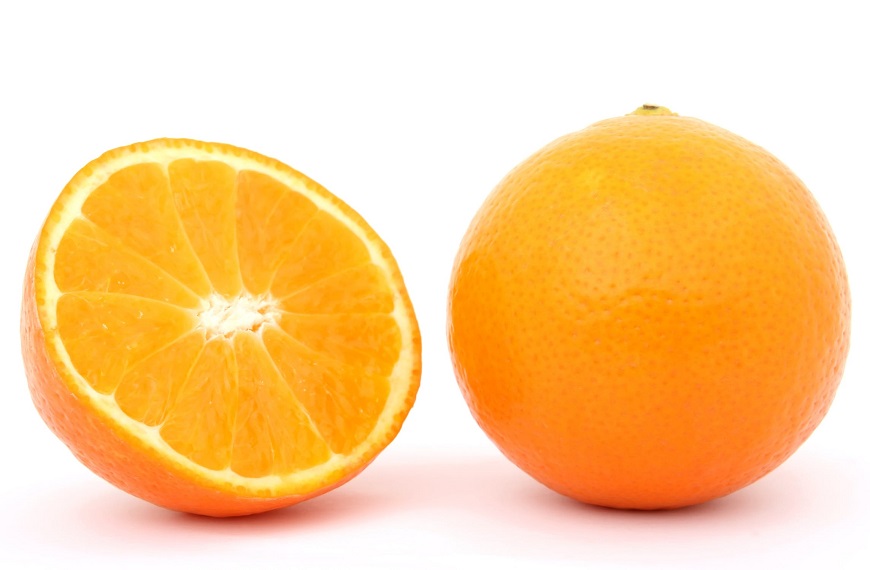
Read on to explore the world of English fruit and veg idioms – adding in a few fruity phrases to your conversations is as easy as pie and it could even be the icing on the cake of your English language learning.
English Fruit and Veg Idioms
The activity of eating in general is ripe with words and phrases that are perfect for creating a tasty new expression. This can be useful for when teachers are chewing the fat to come up with some new EFL lesson plans.
So join us in thinking of a few fruity ideas for this blog – we’ll be pretty cheesed off if we can’t come up with the fresh goods now…
We have plenty of spicy favorites in this article, from idioms involving apples and pies to phrases using beans and cakes. Yes, we’ve cheated a bit using general food-related vocabulary and idioms not only fruit and veg flavoured ones.
There are plenty here so just keep your eye out for all the tasty idioms in this blog post – can you spot them all?
Stay as Cool as a Cucumber
When trying to encourage your brain to remember a few fun idioms it’s important to stay cool as a cucumber – don’t let the pressure of your reputation as a staggeringly knowledgeable EFL teacher put you off!
In fact, normally a EFL lesson for children or for any learners has students so full of beans they will probably love the kind of lesson with a few new expressions to nibble on.
Juicy idioms are often the apple of a language lover’s eye. These kind of expressions are what makes language learning so fun. They can be a source (or should that be a sauce?) of great hilarity in the EFL classroom!
So use fruit and veg idioms in fun sentences and encourage your students to guess their meaning from the context.
Comprehension Checks
We’ve cooked up a few comprehension check ideas to egg you on:
It was her responsibility to bring home the bacon so they could live well. She needed to …… (earn money) so they could afford a new car.
Tickets to the new theatre production sold like hot cakes because everyone wanted …. (to see it). The show was very …. (popular)
They had to walk on eggshells around John because they didn’t want him to …. (get upset / angry)
When talking to your friends, make sure you don’t spill the beans, because the idea is still a ….. (secret)
He was caught trying to cheat at cards and now he has egg on his face. He is very … (embarrassed)
Fill in the Gaps Exercise
And the other way around, so students have to choose the right idiom:
Take everything you read in online blogs with a …. (pinch of salt / slice of butter / spoonful of honey) – they are not always true!
She enjoyed her work; it paid well and allowed her to go to see her favourite bands every week. Everyone agreed, she had a …. job. (plum / pear / peach)
I don’t like doughnuts. They just aren’t my …. (cup of tea / loaf of bread / mug of coffee)
The amount spent on the curtains was small …. compared with all the money spent buying the house (potatoes / parsnips / carrots)
Ralph finished top of the leaderboard. He was the …. (cream / milk / cheese) of the crop
Alice was her favourite niece. She was the …. (apple / banana / peach ) of her eye.
Louis had studied hard and so he found the exam very easy. He told everyone that it was as easy as …. (pie / cake / a pea)
David has a problem. He left the car at home but now it is too late to catch the train! He is in a real …. (pickle / onion / gherkin) (jam is also an acceptable answer here)
Don’t go bananas
Even if you prepare lots of great example sentences, don’t worry if it goes pear-shaped the first time. There’s certainly no need to go bananas or turn as red as a beetroot.
Just let the students take their time to get into the swing of a new EFL classroom activity and they will soon be eating out of your hand, using English fruit and veg idioms with abandon.
Remember, the proof is in the pudding and you are bound to see leaps of improvement in your students’ performances and exam results.
In fact, we’re certain that the next time your EFL students have to guess the meaning of English fruit and veg idioms from their context, it will be a piece of cake.
English Fruit and Veg Idioms in EFL
We haven’t sold you a lemon with this article – we’re sure it can help turn some lazy couch potatoes into idiom-wielding teaching machines!
And to those who say they would prefer to avoid food-related idioms and phrasal verbs, we think it’s just a case of sour grapes because they can’t think of any themselves. If you use your loaf you’ll find loads of great ones and you can then cherry pick the best for your next lesson.
But after all this you truly don’t care about English fruit and veg idioms, we really don’t give a fig!
Which are your favourite fruit and veg idioms?
Which are your favourite English fruit and veg idioms?
Do you know some good fruit and veg idioms in your own native language?
We cheekily sneaked a few idioms into this post that are not related to fruit or veg. Did you manage to weed them out? Which did you find?
And did you spot all the genuine fruit and veg idioms? Count up how many you found and let us know in the comments!

